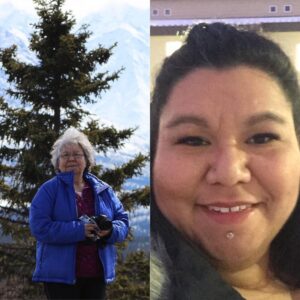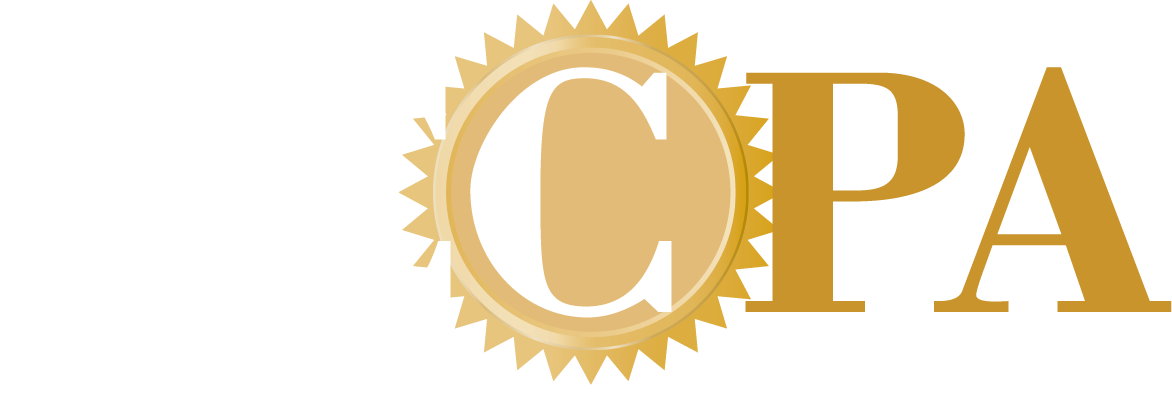
Although this Alaskan Native mother-daughter Board Certified PA duo had different inspirations for entering the profession, they have one thing in common – their desire to help people and improve health. Martha Flores, PA-C (retired) and her daughter Teresa Lowe, PA-C, a lecturer at the University of Washington MEDEX Northwest PA Program, share their experiences as Alaska Natives who are also health care providers, the challenges and successes Native communities experience, and more in a recent interview with NCCPA.
When Flores was a little girl living in Mountain Village, Alaska, she sat on a hot camp stove and was burned. There was no way to get to the hospital, so her mother took care of the burn at home. Thankfully the burn healed well, but like many other Native Alaskans, Flores did not have many interactions with doctors growing up due to little or no access to a clinic or hospital. Back then, airplanes were the only way to get to the main clinic and were not readily available.
Flores began her career in health care as a health aide in Mountain Village. Trained by PAs who saw her potential and encouraged her to become a PA, Flores attended the MEDEX Northwest PA program and graduated in 1991. Lowe, on the other hand, thought she was going to be a Kindergarten teacher. However, part way through her degree, she realized she wanted to do something else. “I wanted to provide more hands-on health care,” said Flores. “Fortunately, I had worked with PAs and other members of a health care team and decided to go to PA school.” Like her mother, Lowe also attended the MEDEX Northwest PA program and graduated in 2005.
“At first, I had hoped that my children would work in the health care field,” said Flores. “But I realized that they needed to find their own way. I’m very happy she [Lowe] decided to eventually become a PA.”
Flores and Lowe come from a line of women who were also health care providers. Flores’ mother (Lowe’s grandmother) Marie moved to Mountain Village from Ouzinkie and was trained by the village midwife to deliver babies in Mountain Village. In addition to being a midwife, Marie provided other services such as acute and chronic care, and counseling. She was committed to serving her community, a passion that Flores and Lowe inherited.
As Alaska Natives, Flores and Lowe are proud of their heritage. “Our culture is so connected, and we were taught to remember this,” said Lowe. “Being involved in the community is important for the overall health of each member of the community.” However, achieving a healthy community is not without its challenges, especially in Alaska Native/American Indian communities where access to care remains an issue due to factors such as language and other cultural barriers.
For instance, it is considered disrespectful to question authority figures. Since health care has been historically provided by the U.S. government, many Alaska Natives believe they have to be respectful by doing what health care providers have instructed. “Alaska Natives are gentle people, so they don’t want to appear as disrespectful by asking questions,” said Flores. “This can make them appear challenging.”
In addition, the community members must travel far to get basic health care needs met. Mountain Village is 90 miles by air from Bethel, Alaska, where the nearest clinic/health care facility was for many years.
Although planes are much more readily available to transport people from the village to the main clinic, there are sometimes obstacles like weather and flight delays. “Getting to an appointment is not always straightforward – a woman who needs an annual exam needs to take time off work, find childcare and be able to pay for a flight to see a provider,” Flores added.
While there are more Alaska Native/American Indian providers, a lot more work needs to be done. Lowe, who now lives in Anchorage with her family, is passionate about supporting students interested in health care professions.
“Having people who are supportive of Alaska Native/American Indian health care professionals is so important,” said Lowe. “Navigating the world of medicine without support increases one’s chance of not being successful.”
For example, Lowe says a lot of new Alaska Native/American Indian PAs may not always know about what usual and customary business reimbursement processes are for CMEs. “A new practitioner may not realize that CME is often reimbursed by the employer and may not understand how to navigate systems for reimbursement.”
Flores spent her entire career as a PA in Bethel, Alaska where she worked as a clinician in the emergency room at Yukon-Kuskokwim Health Hospital. She was also a member of the Board of Directors of the hospital and served as President of the Alaska Academy of PAs. She is a recipient of her alma mater’s Champion Award for her contributions to MEDEX Northwest PA Program and the PA profession.
“I love being able to work with my mom,” said Lowe. “I get to talk with patients and hear about what great care she gives them and makes me so proud to be her daughter.”
This dynamic duo observes and celebrates Alaska Native and American Indian Heritage Month (November) as an opportunity to give others a chance to learn about their different traditions and cultures. “Our tribes and people are amazing!” They both love their community and are committed to advocating for quality care, opening up learning opportunities for young Native Alaskans, and creating new opportunities to improve health.
